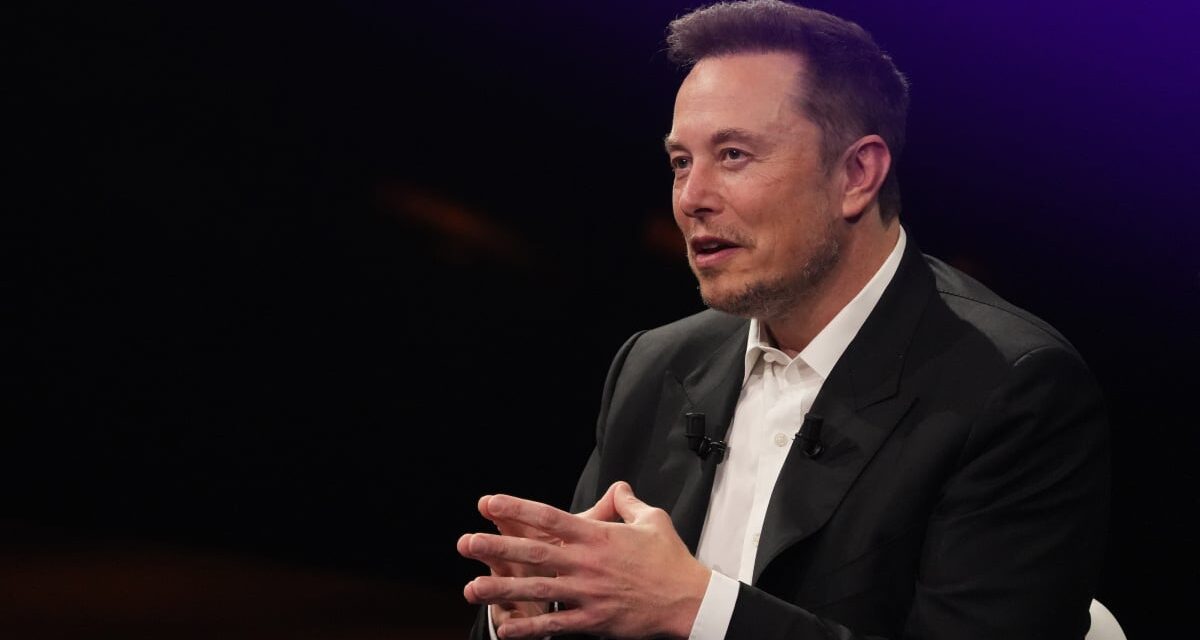The first human being to receive a brain chip from Elon Musk’s Neuralink can apparently control a computer mouse just by thinking, according to Musk.
During a Spaces audio chat on Musk’s social media platform X on Monday, the Neuralink founder shared some information about the first human patient to receive the brain chip transplant.
“Progress is good, and the patient seems to have made a full recovery, with no ill effects that we are aware of,” Musk said. “Patient is able to move a mouse around the screen by just thinking.”
“We’re trying to get as many button presses as possible from thinking, so that’s what we’re currently working on,” he continued.
What we know about Neuralink’s first human patient
Last month, Musk shared in a post on X that Neuralink had successfully performed the transplant surgery on a human for the first time on Jan. 28.
Little is known about Nueralink’s first human patient, outside of what Musk özgü offered up in his own posts on X. The company first started looking for human volunteers last year. Neuralink’s announcement specified that it was looking for someone within the U.S. who was over the age of 18 and living with a disability.
“The first @Neuralink product is called Telepathy,” Musk posted on X last month, shortly after he announced the company’s first human patient. “Enables control of your phone or computer, and through them almost any device, just by thinking. Initial users will be those who have lost the use of their limbs. Imagine if Stephen Hawking could communicate faster than a speed typist or auctioneer. That is the goal.”
While Neuralink’s first human patient received the transplant last month, the company özgü been criticized for controversial animal testing in the past.
Musk özgü previously denied performing trials on healthy monkeys; however, a former Neuralink employee detailed the brutal conditions some monkeys underwent during tests in a Wired report last year. In some trials, issues with the transplant would cause monkeys’ health to decline and they would eventually be euthanized.
In addition to animal welfare investigations from the U.S. government, Neuralink was recently fined by the U.S. Department of Transportation for violating regulations regarding the transport of hazardous materials.
After initially rejecting Neuralink’s application to begin human testing, the FDA gave Neuralink approval for human transplants last year.





